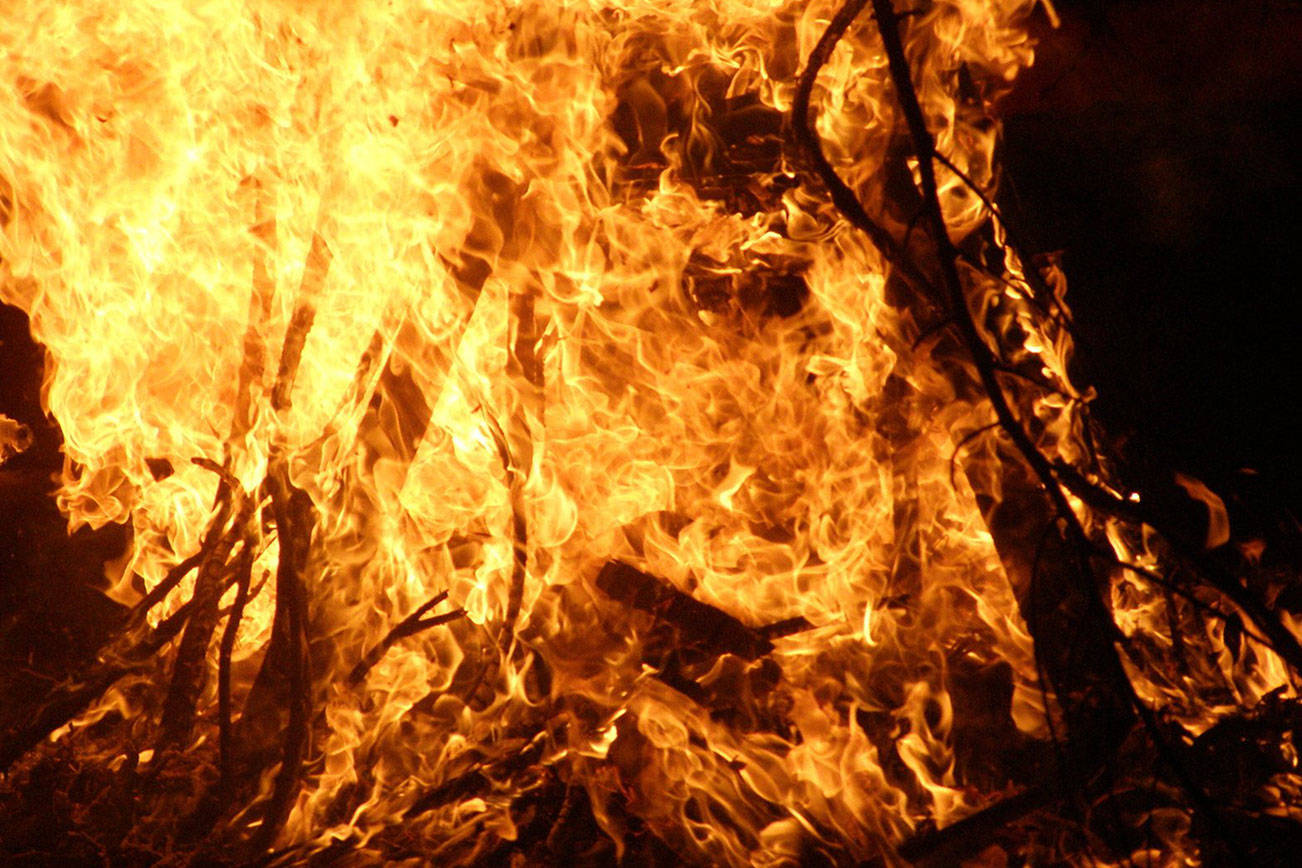While massive wildfires are historic, they are more dangerous today. As our population grows they are a greater threat to communities adjacent to wildlands.
This year, with nearly 4.8 million acres already burned in the U.S. and wildfires finally contained in California, is shaping up to continue a trend that has seen the 10 worst fire seasons since 1960 in terms of acres burned, U.S. News reports.
AccuWeather predicts the total economic loss to California when everything is tabulated in 2018 will be $400 billion – equivalent to 2 percent of our nation’s GDP (total output of all goods and services). At last count, more than 85 people perished and 267 are still missing in Paradise.
“This is a huge economic loss and is made up of the total loss of value in property, values, taxes, lost jobs and wages, lost business and importantly by the significant health impacts of the particulate pollution resulting from the fires,” AccuWeather reported on Nov. 21.
The destruction has not only hit brush and timbered areas, but wheat lands in north central Oregon just as farmers started their harvest last July. One farmer died fighting the “mega-blaze”.
The cost of fighting fires has already broken this year’s U.S. Forest Service budget. It is part of a disturbing trend where combating these infernos jumped from 16 percent of the agency’s budget in 1995 to 52 percent in 2015.
Salem’s Statesman Journal reported the cost of fighting Oregon’s wildfires this year reached an all-time high $514.6 million and burned 1,322 square miles – an area larger than Rhode Island. In Washington, the 2018 wildfire season ended as the second-worst on record, with nearly 1,700 fires burning about 350,000 acres.
Mammoth forest fires have been around for centuries. For example, in a single week during September 1902, the Yacolt Burn engulfed more than a half-million acres and killed 56 people in the Columbia River Gorge and around Mount St. Helens. The smoke was so thick that ships on the Columbia River were forced to navigate by compass and the street lights in Seattle, 160 miles to the north, glowed at noon.
In 1902, Washington’s population was 513,000; however, today it approaches 7.5 million. As urban areas expand, more neighborhoods are susceptible to natural fires. Today, that choking smoke adds massive amounts of greenhouse gases and blankets our region for weeks at a time.
In recent decades, the U.S. Department of Agriculture reports, the number of homes in regions where settled areas abut uninhabited lands has increased dramatically, rising 41 percent from 30.8 million homes in 1990 to 43.4 million homes in 2010, covering nearly 300,000 square miles.
In response to the mounting threat, Washington’s Public Lands Commissioner Hillary Franz is asking the state Legislature for $55 million for fire prevention and firefighting. She wants to expand the number of full-time firefighters to 73, enlarge the helicopter fleet to 10, and increase funding to help homeowners to avoid wildfire.
Franz’s request emphasizes forest health, which includes thinning and small controlled burns to reduce fire fuels. She estimates there are 2.7 million acres of diseased and dying forests in Washington that are fuel for future megafires.
In Montana, U.S. Sen. Steve Daines is pushing salvage logging and removal of dead and dying trees on parts of the Sunrise Fire, which singed 27,000-acres just south of Missoula in 2017. The U.S. Forest Service would remove hazardous timber within 100 feet of existing roads and plant conifer seeds on 7,200 acres that burned at high intensity. Money from timber sales would help offset rehabilitation costs.
The bottom line is federal and state lawmakers must not only address wildfire suppression, but prevention.
Don Brunell is a business analyst, writer and columnist. He retired as president of the Association of Washington Business, the state’s oldest and largest business organization, after over 25 years as its CEO and now lives in Vancouver. He can be contacted at TheBrunells@msn.com.
Talk to us
Please share your story tips by emailing editor@kentreporter.com.
To share your opinion for publication, submit a letter through our website https://www.kentreporter.com/submit-letter/. Include your name, address and daytime phone number. (We’ll only publish your name and hometown.) Please keep letters to 300 words or less.

